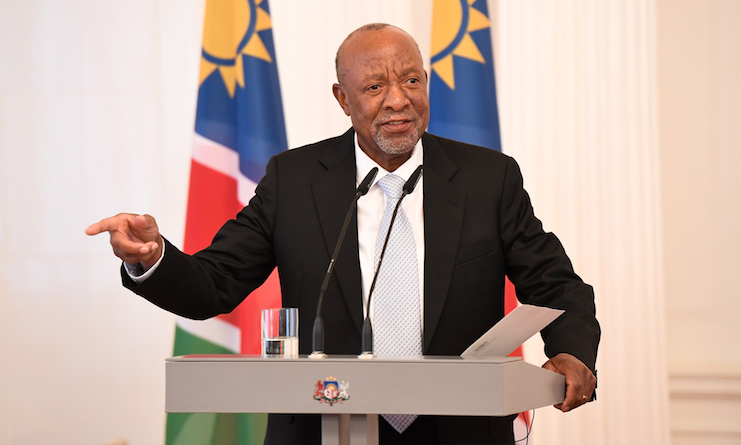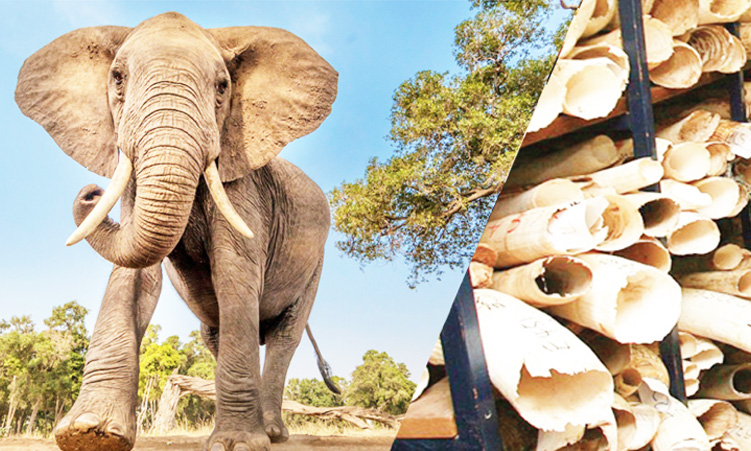Namibia Diamond Trading Company (NDTC) has shared president Nangolo Mbumba’s concerns over the implications of new G7 regulations requiring all non-Russian diamonds destined for G7 countries to be routed through a single verification node in Belgium.
This, Mbumba says, has potential economic impacts for Namibia.
He said this during his first meeting with King Philippe of Belgium in Windhoek last week.
“This decision poses a serious risk and threat to our economies (Angola, Botswana and Namibia) by increasing costs, as well as curtailing our countries’ freedom of trade,” he said.
NDTC head Brent Eiseb on Friday said he shares Mbumba’s sentiments on the decision.
“We concur with president Mbumba’s statement that the approach taken to restrict the flow of Russian-origin diamonds into G7 countries could have unintended negative consequences for diamond-producing countries such as Namibia,” he said.
Eiseb said this would undermine Namibia’s ability to trade its diamonds freely and has the potential of introducing additional complexities and costs in the Namibian diamond trade.
“Namibia has a long-standing creditable record as a diamond-producing country in the international diamond industry and is fully capable of certifying its own diamonds as non-Russian,” he said.
“We therefore support president Mbumba’s call on the Belgian government to reconsider the approach with the view to strengthen the globally respected government-run systems that diamond-producing countries such as Namibia have developed and to allow Namibia to maintain the right to certify and trade its diamonds as it is currently the case,” he said.
Mbumba’s press secretary, Alfredo Hengari, on Friday said the president does not call for a lift on the ban of Russian diamonds by G7 nations, but a reconsideration of rerouting.
“Namibia objects to this new requirement, as the country is fully capable of certifying its own diamonds and is concerned that the ‘single rough node’ approach would increase transaction costs to Namibia and reduce the competitiveness of Namibian diamonds in the international market,” Hengari said in a press statement.
He was responding to a report in The Namibian indicating that Mbumba called for a lift.
“President Mbumba raised concern about the way in which the ban was to be implemented, with the sole concern about the unintended negative consequences for the economy of Namibia,” the statement reads.
Hengari said Mbumba, along with Angolan president João Lourenço and Botswana’s president, Mokgweetsi Masisi, wrote a letter to the Group of Seven countries in February, expressing their concerns.
“This requirement therefore risks undermining Namibia’s ability, as well as that of other African diamond producers, including Botswana and Angola, to trade their diamonds freely on the international market, particularly into Europe,” the statement reads.
The Group of Seven is an intergovernmental political and economic forum consisting of Canada, France, Germany, Italy, Japan, the United Kingdom and the United States.
Additionally, the European Union is a non-enumerated member.
Stay informed with The Namibian – your source for credible journalism. Get in-depth reporting and opinions for
only N$85 a month. Invest in journalism, invest in democracy –
Subscribe Now!






